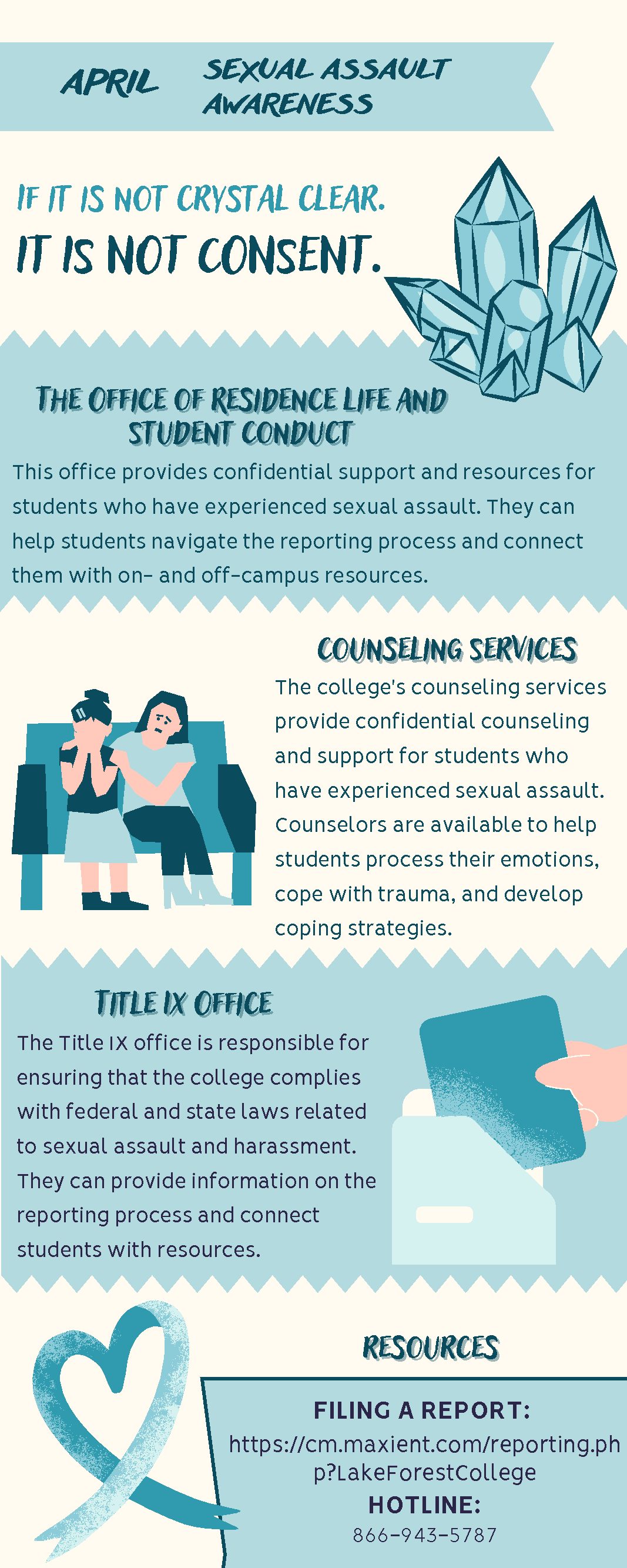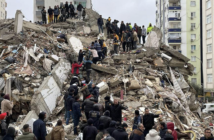Ivana Budjarovska ’24
News Editor
budjarovskai@lakeforest.edu
If you’ve been following the global news for these past three months, you might have noticed a headline or two about the protests in Iran. Hopefully. If you’re not sure that you fully grasp their importance, here is a simple guide to the Iran protests and their global significance.
Called “the most serious challenge to the Iranian authorities in decades,” the protests began after the tragic death of Mahsa Amini, a 21-year old woman who was arrested by the Iranian morality police on September 13 of this year, for allegedly violating the country’s hijab rules. Iran requires that every woman who is out in public, regardless of religion or whether she’s a tourist, wear a hijab.
The story of Mahsa Amini is not just one of the unfortunate deaths of a young woman but one of extreme police brutality and violence that women encounter by political megalomaniacs. And this is not only the story of Iran, but of countries all across the globe where women’s rights and safety are targeted. Amini was allegedly beaten with a baton by police and died under suspicious circumstances on September 16, just four days before her 22nd birthday.
Her death sparked a revolution in the country, where women had individually protested against the hijab rules before—cases that were dealt with in a cruel manner by the morality police. This time isn’t any different—isolated cases are still being handled in extremely violent ways but the difference is in the fact that the Iranian women are supporting each other and are receiving support from women all around the world.
Videos of Iranian women protesting and on social media show them taking off their hijabs, cutting their hair, and chanting, “death to the dictator,” a reference to the republic’s Supreme Leader Ayatollah Ali Khamenei. Khamenei has accused many nations, including the United States, of orchestrating riots, all while failing to admit that women’s safety is compromised in Iran.
However, the protests did not just stop in Iran. All over the globe, Iranian immigrants and people who have no connections to Iran whatsoever, have been organizing protests in support of these women and to raise awareness. Additionally, the Iranian soccer players didn’t sing their national anthem before their World Cup match against England, as a form of protest in support for the women in their home country.
As citizens and residents of a country where women’s safety is not being attacked in such a cruel manner, at least not as obviously, we can help by spreading the word with friends and family, safely attending protests, and sharing on social media, which has been a main vessel in sharing information about the protests. Some reliable media outlets for more information on the issue include Al Jazeera and BBC.



